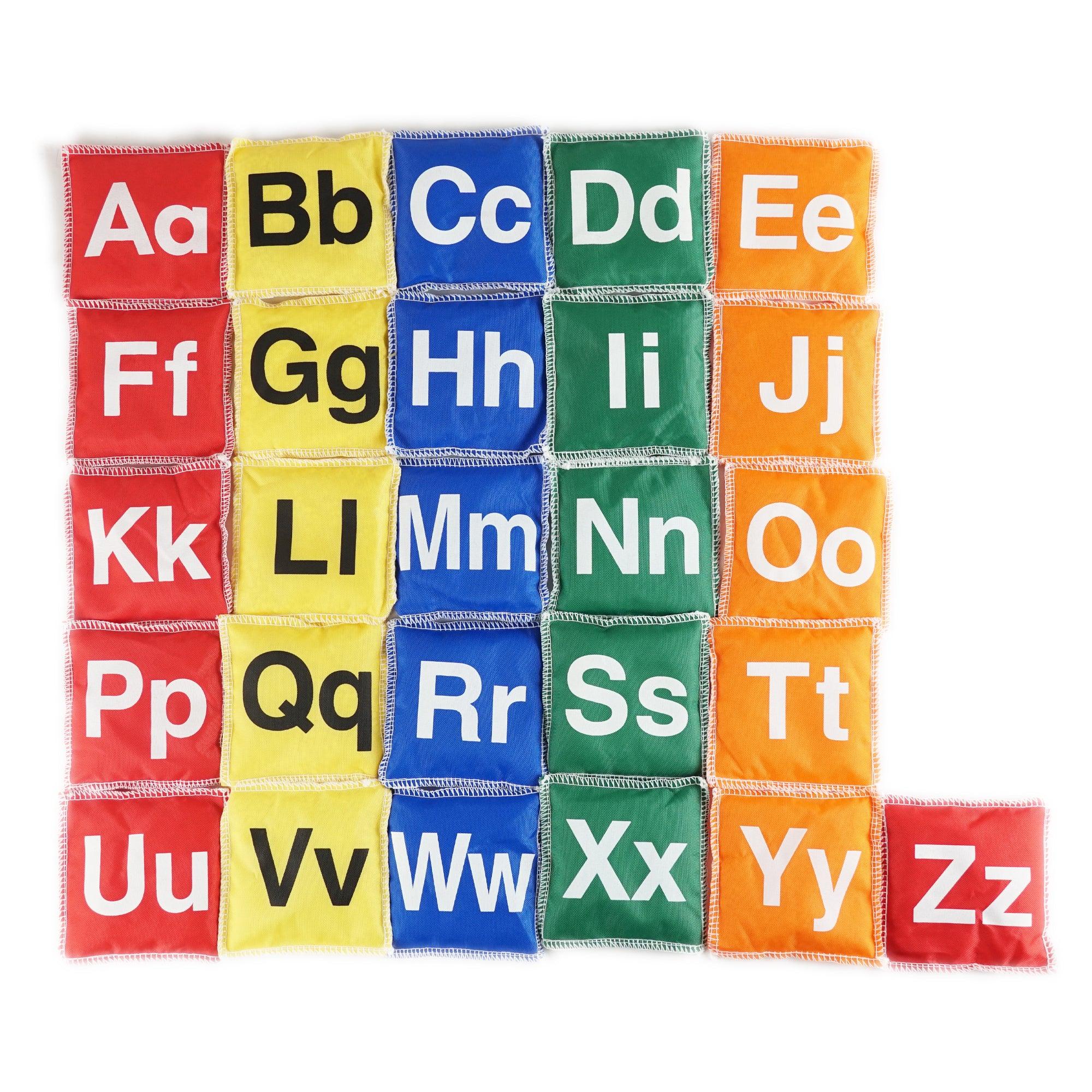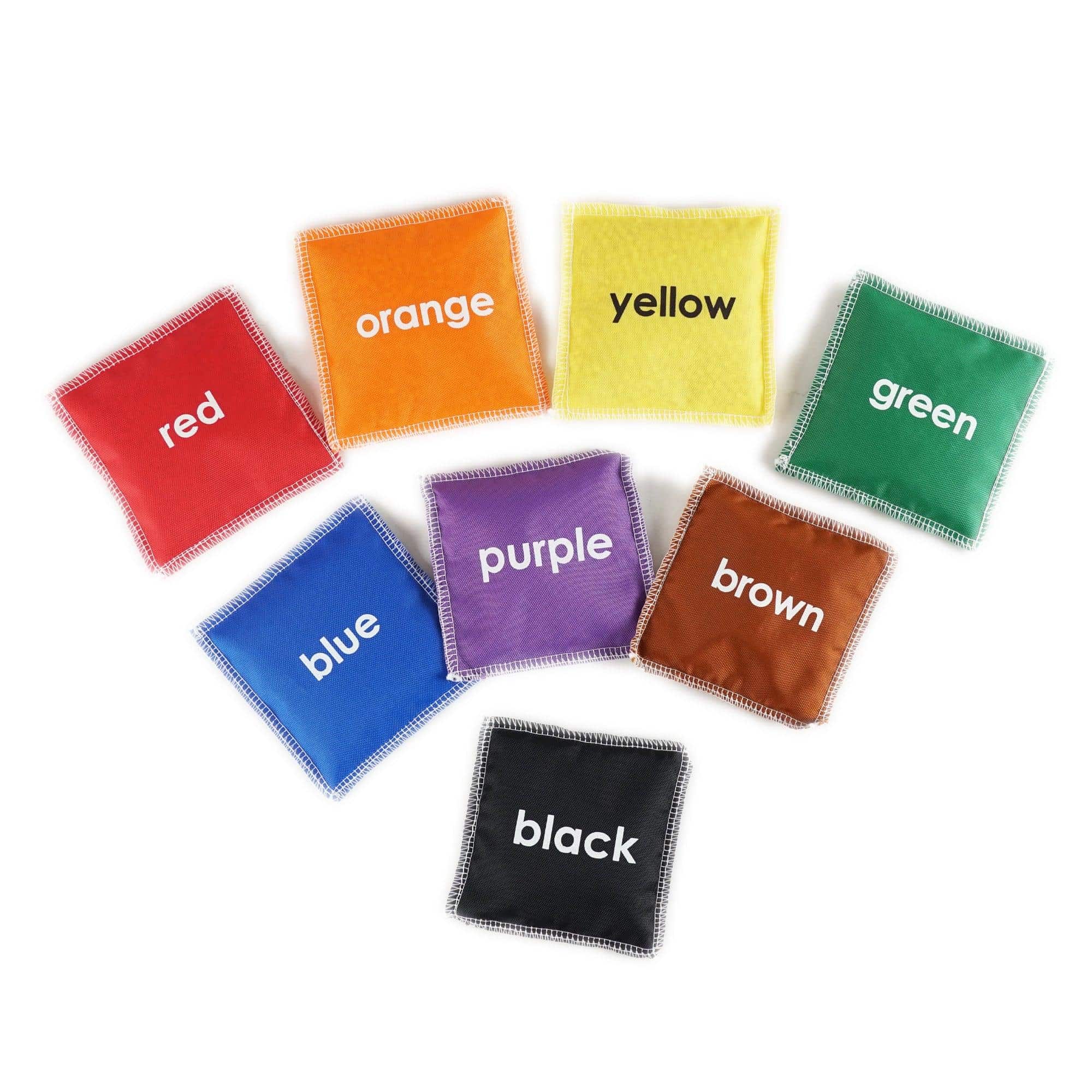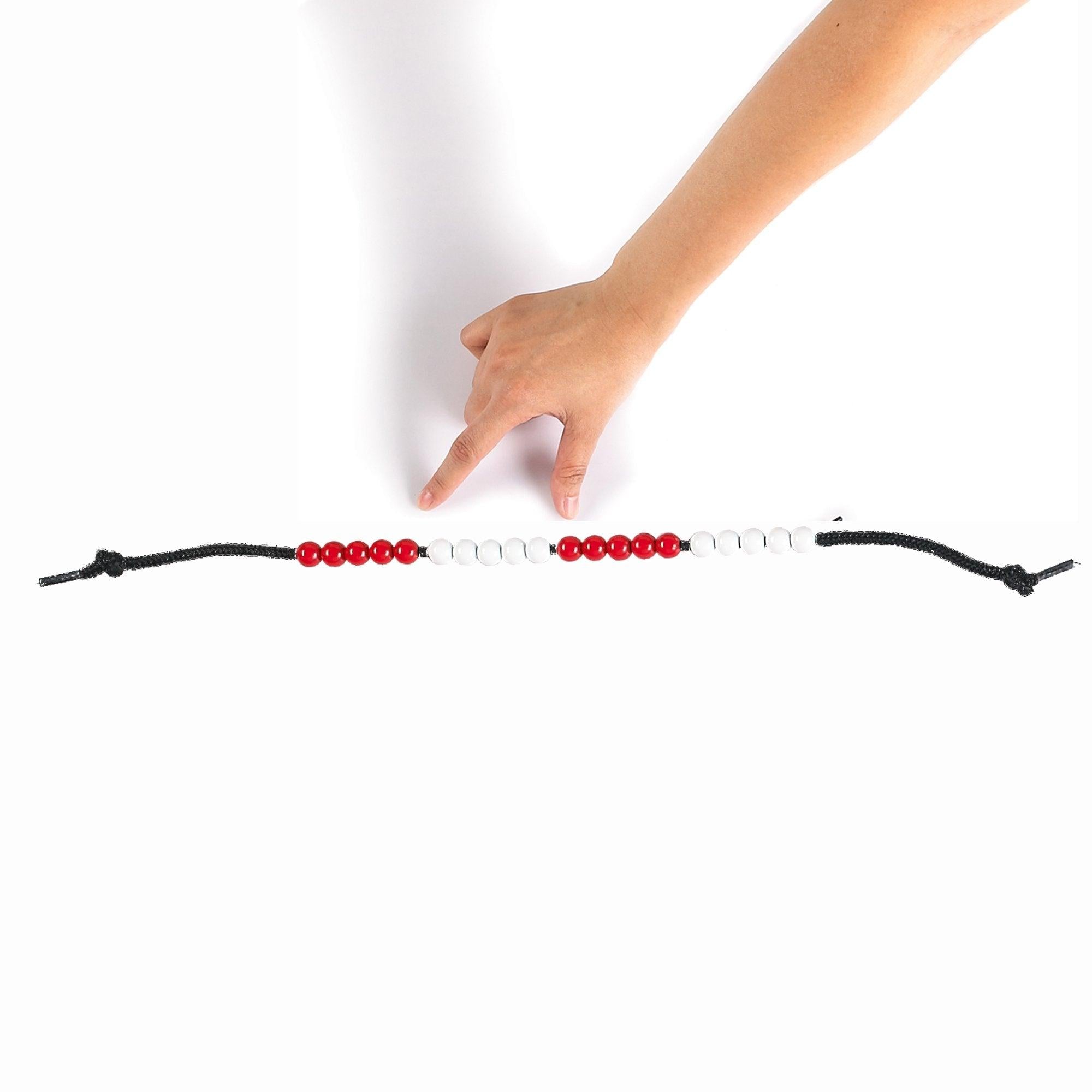The Role of Puzzles in Cognitive Development
Introduction
Cognitive development plays a crucial role in shaping a child’s intellectual growth and problem-solving abilities. During this developmental phase, various factors contribute to the enhancement of cognitive skills. One such powerful tool is puzzles. This blog article discusses the significant role puzzles play in promoting cognitive development in children.
The Benefits of Puzzles in Cognitive Development
Engaging in puzzles offers a multitude of benefits that aid in cognitive development. Let’s dive into some key advantages:
1. Enhances Problem-Solving Skills
- Puzzles require critical thinking and logical reasoning, helping children develop problem-solving skills.
- By attempting to fit different pieces together, children learn to analyze, strategize, and make decisions.
- They develop the ability to break down complex problems into smaller, manageable parts.
2. Boosts Cognitive Abilities
- Puzzles stimulate various areas of the brain, leading to improved cognitive abilities.
- They enhance memory, concentration, and attention to detail.
- Completing puzzles helps develop spatial awareness and visual perception skills.
3. Fosters Hand-Eye Coordination
- Manipulating puzzle pieces to fit together improves hand-eye coordination in children.
- This coordination is crucial in various daily activities, such as writing, drawing, and playing sports.
4. Encourages Patience and Persistence
- Puzzles require time and effort to complete, teaching patience and persistence.
- Children learn the value of staying focused, overcoming challenges, and not giving up.
- Building this resilience at a young age can positively impact their future endeavors.
5. Promotes Social Skills
- Puzzles can be enjoyed individually or in a group setting, fostering social interaction.
- Collaborating on a puzzle promotes teamwork, communication, and cooperation.
- Children learn to take turns, listen to others’ ideas, and work towards a shared goal.
Choosing the Right Puzzle
Selecting the appropriate puzzle for your child is essential in maximizing cognitive development. Consider the following features:
1. Age-Appropriate
Ensure the puzzle’s difficulty level matches your child’s age and cognitive abilities. Start with simpler puzzles and gradually increase complexity as they progress.
2. Theme and Subject
Choose puzzles featuring themes or subjects that interest your child. This helps maintain their engagement and motivation throughout the solving process.
3. Varied Sizes and Shapes
Providing puzzles with pieces that are different sizes and shapes aids in developing spatial awareness and problem-solving techniques.
4. Durability and Safety
Opt for puzzles made from high-quality materials to ensure durability. Confirm they meet safety standards, especially regarding small pieces for younger children.
5. Puzzles with Progressive Levels
Consider puzzles that offer progressive levels of difficulty. This allows your child to advance gradually, building confidence and expanding their cognitive abilities.
Conclusion
Puzzles serve as remarkable tools for promoting cognitive development in children. As they engage with puzzles, they develop problem-solving, critical thinking, and spatial awareness skills. Additionally, puzzles foster patience, persistence, teamwork, and communication skills, preparing children for future challenges. By selecting the right puzzles and encouraging their exploration, parents and educators can greatly contribute to a child’s holistic cognitive growth.





